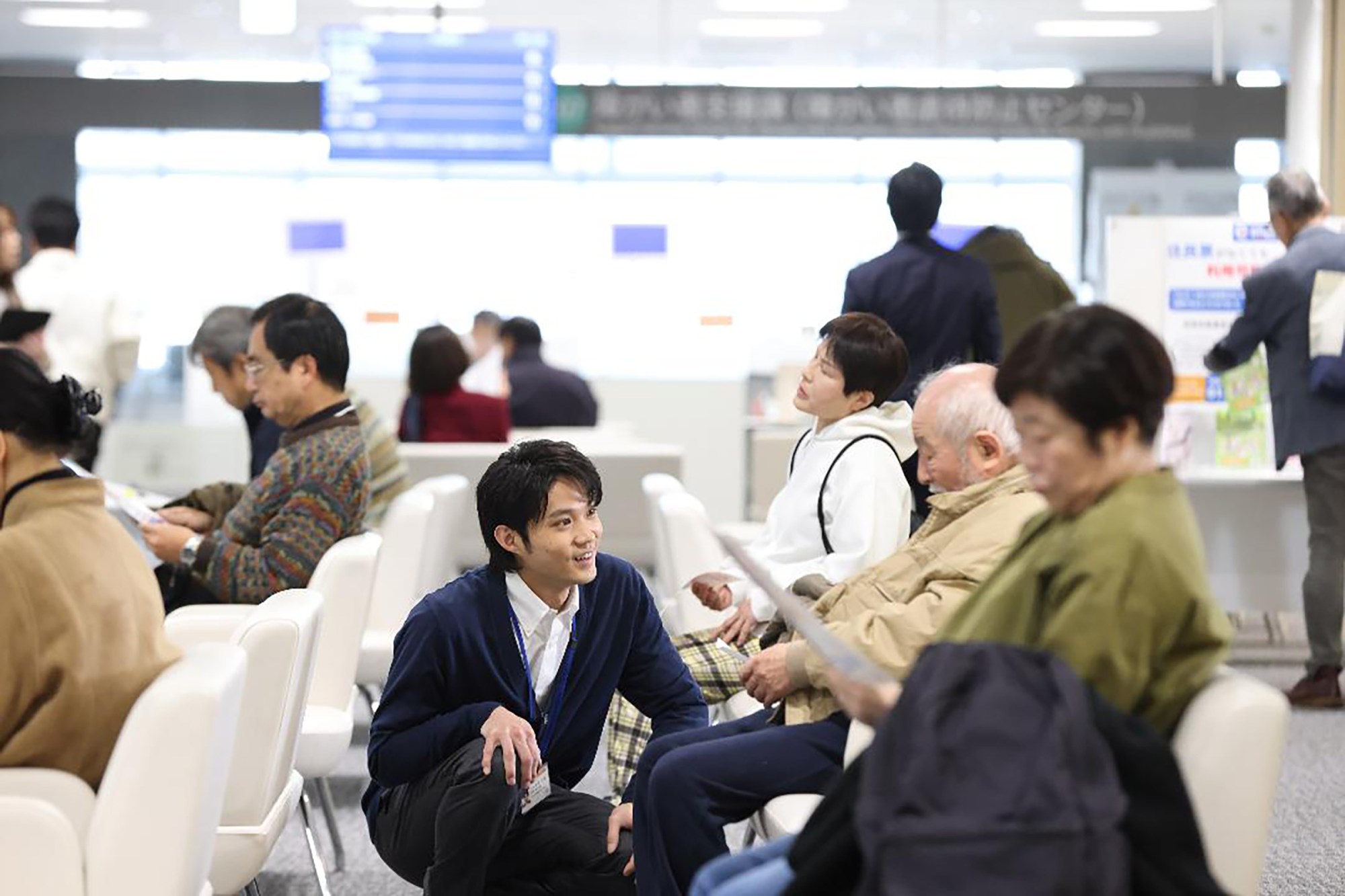
- Festivals
Cannes 2022: “Plan 75” – A Government Plan to Encourage Euthanasia for Seniors
What happens when a government plan encourages euthanasia among people 75 years or older?
One of the most moving films featured in the Un Certain Regard section of the 75th Cannes Film Festival is Chie Hayakawa’s debut feature, Plan 75.
The drama imagines a scenario where Japan deals with the increasing older population by introducing a program called Plan 75 that offers senior citizens age 75 and up or pensioners into signing up for euthanasia free of charge, with the “perk” of getting a “preparatory grant” of $1,000 which they can spend any way they want. They are coaxed into signing up for Plan 75 where they will not have to worry about cremation or funeral expenses as their “final and dignified contribution to society.”
The international co-production, which is a collaboration of Japan, the Philippines, and France, is produced by Eiko Mizuno-Gray, Jason Gray, Frederic Corvez, Maeva Savinien, and Wilfredo Manalang with Alemberg Ang as a co-producer.
Hayakawa’s movie follows the lives of the three main characters — Michi (portrayed by Chieko Baisho of Hayao Miyazaki’s Howl’s Moving Castle), a hardworking septuagenarian who works as a hotel maid; Hiromu (Hayato Isomura) who is a young Plan 75 recruitment agent; and Maria (Stefanie Arianne), a Filipina caregiver for senior citizens who later works for Plan 75.
Also featured in the film is Filipino-Japanese actress Sheryl Ichikawa who portrays Grace, Maria’s best friend.
Hayakawa, who wanted to become a film director as early as age 13, studied photography at the School of Visual Arts in New York and then enrolled at a night film school. For her thesis, she made a short film that was accepted to Cinefondation at the Cannes Film Festival in 2014. One of the five shorts featured in the omnibus film, Ten Years Japan (2018), was a short version of Plan 75.
The infamous and gory Sagamihara stabbings in 2016 inspired her to develop the short film into a feature-length one. A young man killed 19 people at a home care facility for disabled people and said he did it “to ease the burden” on their families.
In an interview the HFPA did with Hayakawa before the Cannes Film Festival, she told us via email: “In the summer of 2016, a man murdered 19 disabled people, purporting that severely disabled people have no worth staying alive, and that his deed was an act of mercy.
“In his testimonial letter describing his motive, he used the words ‘vitalization of the world economy.’ His logic was that the existence of disabled people hinders economic activity, and that economic value was more important than human lives.
“I don’t believe that this way of thinking is confined to one deranged murderer. In our society where economic value is prized over everything else, I cannot help thinking that there are, in fact, many people who share similar emotions.
“Our capitalist society, which values rationality and productivity, creates the distinction between ‘worthy lives’ and ‘worthless lives,’ and critical views on socially weak people get stronger by the day. My anger and anxiety toward such intolerance of society motivated me to make this film.”
With this movie, Hayakawa reminds us of “the beauty and dignity of human life” and that we should not allow the government or our political leaders to simply reduce us to a number on a spreadsheet.
Plan 75 deals with the moving plight of the Japanese elderly and how they try to fend for themselves in a cold, pragmatic society that has almost neglected and even attacked them.
After the film was screened in a world premiere at the Theatre Claude Debussy, the audience gave a standing ovation that lasted several minutes to the film’s talents who were present – director Hayakawa and actors Isomura and Arianne.

